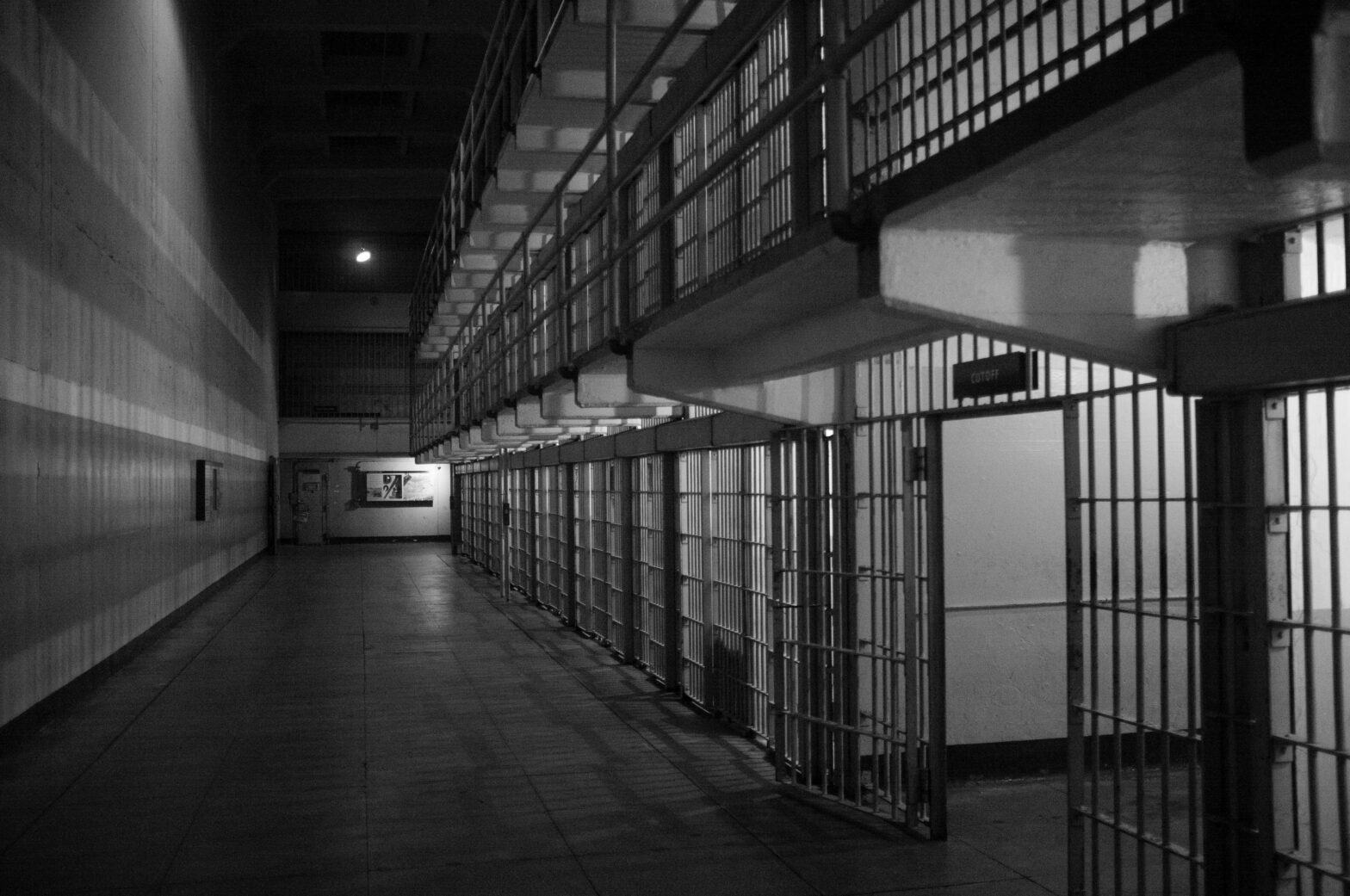CAN YOUR TEENAGER BE TRIED AS AN ADULT?
When it comes to criminal justice and juveniles, the law has long operated on the assumption that juveniles are 
On one side of the argument, there is Proposition 57, which California’s voters passed in 2016. Under that law, every case involving a child offender starts in juvenile court, but at the judges discretion, can be transferred into the regular adult criminal justice system. On the other side is a law – SB 1391 – that was passed two years later by the state’s legislature and approved by Governor Brown. Under this law, minors who are 14 or 15 cannot be tried as adults. In response to the new law, courts have routinely sent cases involving juvenile defendants back to the juvenile court system.
The two laws appear to be in conflict, but in a number of cases, the states courts of appeal have held that SB 1391 is constitutional and does not interfere with the wishes of the voters as expressed in Proposition 57. The California Supreme Court is now being asked to settle this debate in 2020, as it is scheduled to hear five cases involving juveniles being charged as adults. In four of those cases, the appellate courts have held that SB 1391 does not violate Proposition 57.
WHAT IS AT STAKE FOR JUVENILE OFFENDERS
Why does it matter in which court these cases are tried? For starters, the long-term fate of the minor is at risk. If a minor defendant is sentenced under an adult court’s rules, he or she is likely going to be sent to an adult prison. Statistics show that juvenile offenders are more likely to become career criminals if they are sent to prison instead of into a program that seeks to reform them.
Historically, that was the view of California’s laws. Until 1994, a juvenile under the age of 16 could not be tried as an adult. Between 1994 and the passage of SB 1391, juveniles as young as 14 could be charged with serious felonies, such as murder, robbery, or rape. The aim of SB 1391 was to restore 16 as the minimum age of adult prosecution.
District attorneys are upset with SB 1391 because it removes the judge’s discretion from the equation. The result, they say, is that fewer victims will receive justice because the juvenile offender will not be sent to prison for those crimes. However, lawyers from the office of California’s Attorney General, Xavier Becerra, have argued in favor of SB 1391 in multiple cases. A spokesperson for Becerra said that the state’s Department of Justice supports the Legislature’s action, and that it furthers the objectives of Proposition 57.
CONTACT THE JUVENILE DEFENSE ATTORNEYS AT WALLIN & KLARICH FOR HELP
If your child has been charged with a crime, you should act quickly and retain the services of an experienced juvenile defense attorney. At Wallin & Klarich, we have over 40 years of experience in helping clients and their children in juvenile defense cases, including those where the child is charged as an adult. We will work tirelessly and use all of our legal skills and knowledge to help you achieve the best possible outcome in your case. Let our skilled attorneys and legal professionals help you today.
With offices in Orange County, Riverside, San Bernardino, Los Angeles, San Diego, West Covina, Torrance, and Victorville, there is an experienced and skilled Wallin & Klarich juvenile defense attorney available to help you no matter where you are located.
Contact our offices today at (877) 4-NO-JAIL or (877) 466-5245 for a free, no-obligation phone consultation. We will get through this together.



